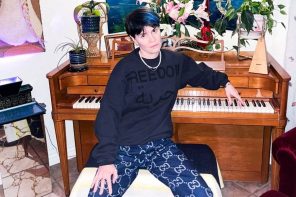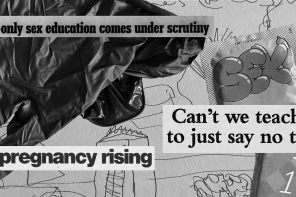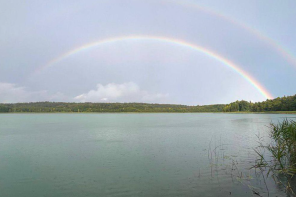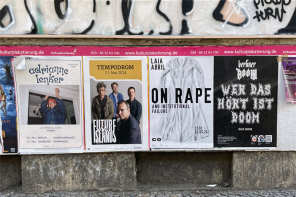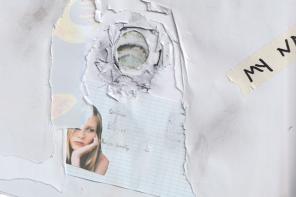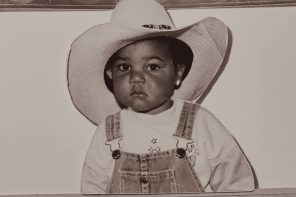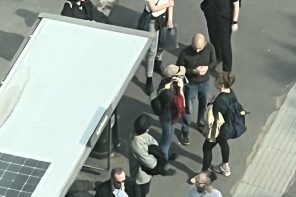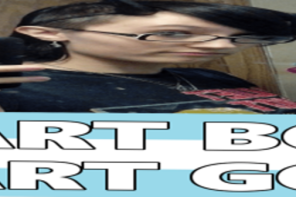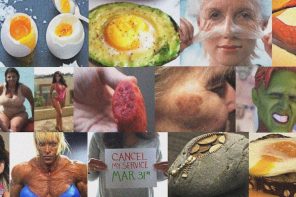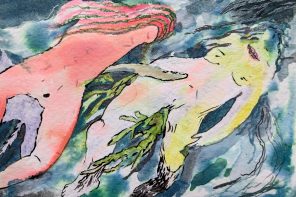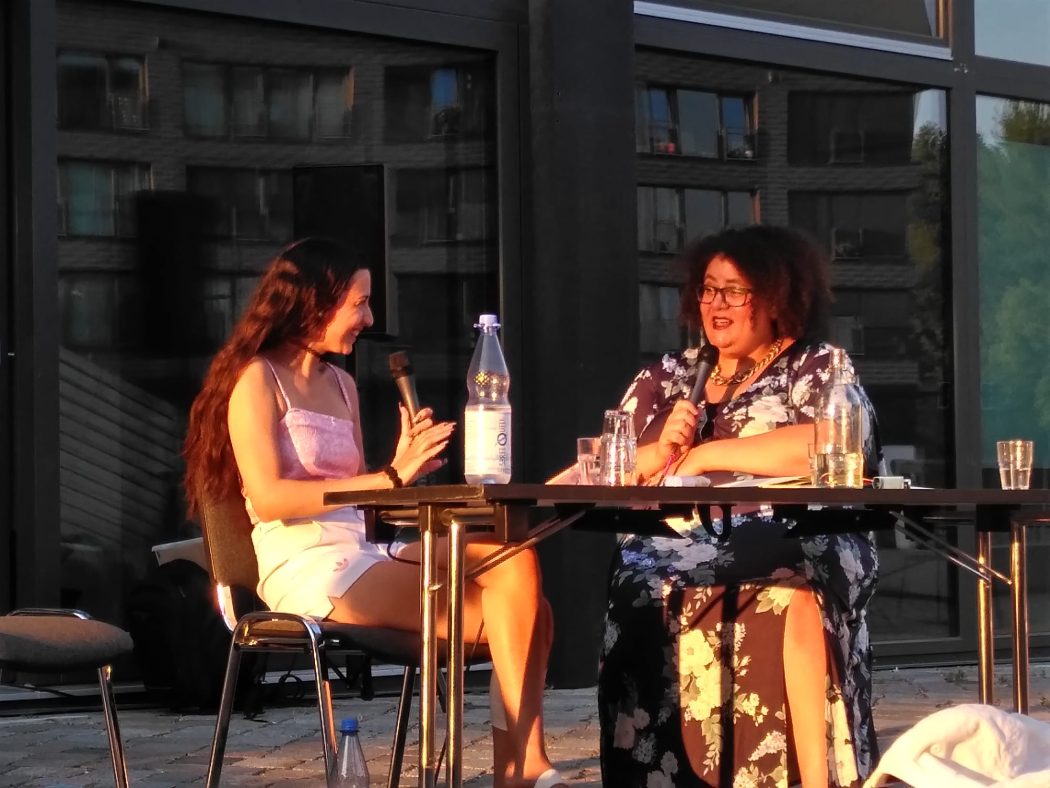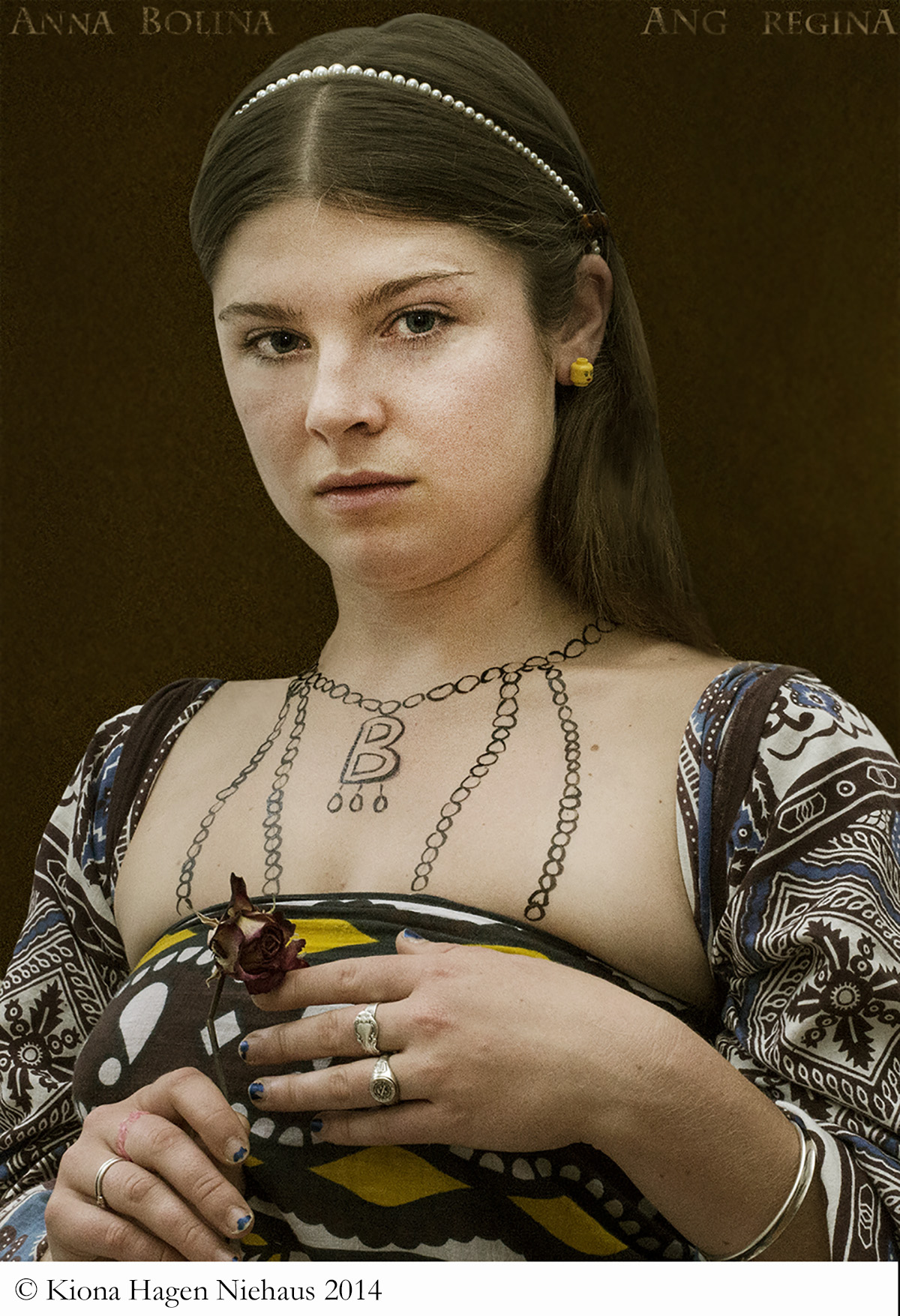tools by Anisha Gupta Müller
Audio Transcription:
‘A Conversation on Care’ was the official name of the talk SchwarzRund and I gave in Summer 2021, as part of COVEN BERLIN’s event “an invitation to sink in to the bog.” Watching it back though, I realise that another title could have been ‘A long overdue catch up between friends who are always keen to work together, could forever talk to each other, but don’t always have the energy to do so.’ Phew. It was a special evening, being IRL with SchwarzRund, as throughout the pandemic we had only seen each other in the virtual world. We had a few rushed informal catch ups behind the scenes – how are your energy levels doing, are you as nervous as me haha – before we sat ourselves down in the instagrammable golden hour light. Our conversation was a bit boglike: unstructured and free flowing. I quickly departed from the bullet points I had prepared as we discussed zoom calls, the health industrial complex, and community care. We covered a lot!! So, I was thinking, where can these thoughts and experience go from here?
Both me and SchwarzRund host workshops and organize for community events, and I thought I would organize them into a user-friendly list that could help you with future projects. These are questions that you can ask yourself, inspired by our conversation.
Questions during the planning stages:
Is the event going to be online or offline or both?
Online:
- online facilitates certain access-related tools as some people cannot come to events in person. Who might you be excluding by meeting in person?
- You have the agency to join and leave online spaces instantly
- People can ‘hide’ themselves by turning video off or muting themselves (if they don’t feel comfortable showing themselves or their body but still want to partake)
- Some people only have certain hours ‘free’ where events tend not to be held. Could it also be recorded?
Offline:
- Consider how our desire to have only offline events could revolve around people who have little to no access barriers.
- Offline events can uphold social norms and exclusivity can be reproduced by peoples’ behaviour. What can you do for people who have social anxiety or come alone to your event?
- Some people can only come to IRL things: having access to good and stable internet and devices is a privilege.
- In some contexts, where people need to be vulnerable, online is not an option. We might only be able to read each other and be fully present for others in person.
- Bodily work or work with equipment can function best in person. What ways can we minimise risks of being in person during a pandemic?
Accessibility:
- Is your approach to accessibility formulaic? Do you want to fulfil institutional criteria or do you practice radical care? Do you do it to perform accessibility or will you actually be flexible to adapt your concept to the needs of individuals who are disabled and/or otherwise marginalised?
- Can you make time and budget to individually support people? Can you offer to pay for taxis and childcare for participants?
- If your event has a tech set up or preparation time, will you include that in the budget for the people you have invited to work with you? Some people won’t have the capacity to be in a work location many hours before an event and it can be unsafe for them to hang out somewhere with strangers.
- What language will it be in? Are you aware that hosting everything in English can exclude many people, like working-class Black and Brown Germans and migrants for example? Not everyone can have a career in Berlin without learning the language.
- Do you inform the attendees about the full accessibility of your event in all the publications (gender neutral toilets, accessible toilets, sign translations, info about who is hosting the event/who is in the team)?
During the event/workshop/project:
- How do you check-in without making people feel on the spot? Perhaps it is better to have an informal small check-in round with less pressure to perform, or even do it later on in the event.
- For workshops and events to be empowering, there needs lots of check-ins, reading people’s energies, and the possibility to have time out. Could there be someone there just as a support person?
- For online events: you can use a shared document where people can anonymously write what they need or if something comes up. Often, in person, you have to encourage people to share access needs, but anonymity can facilitate this much better. People can write that they are leaving to take a break for instance, without having to announce it.
Afterwards:
- Would some kind of personal or anonymous feedback help your work to grow?
- Did the people who you hoped would attend do so?
- Be honest and grateful if you receive critique. Critique can be a sign of love, where someone puts effort in and does emotional labour for you (often regardless of how it is said).
Asking questions like these and engaging in continual forms of self-reflection is, in my opinion, a core part of community work. It’s a process of learning and unlearning who you have been socialised to empathise with and who you have not. Queer community means little if it only centres young, white, middle class expats. Unlike mainstream ‘activist’ platforms these days, the work I value does not give instant gratification. Is not so glamorous, hashtag-able or aesthetically pleasing, and often it is a little messy.
Much like bogs, really.
Anisha Gupta Müller is an artist and movement instructor who gives empowerment workshops and talks. She specialises in feminist body practices where her main achievement has been founding and teaching the dance workout class: FemmeFitness. Her work is driven by the need to confront and discuss the policing of bodies, safer spaces and critical whiteness. Aiming to bring QTIBIPOC to the front, she has given workshops in London and Berlin including at Sophiensaale, Weissensee Kunsthochschule, and Haus der Kulturen der Welt.
Image by Claudia Sáez.
